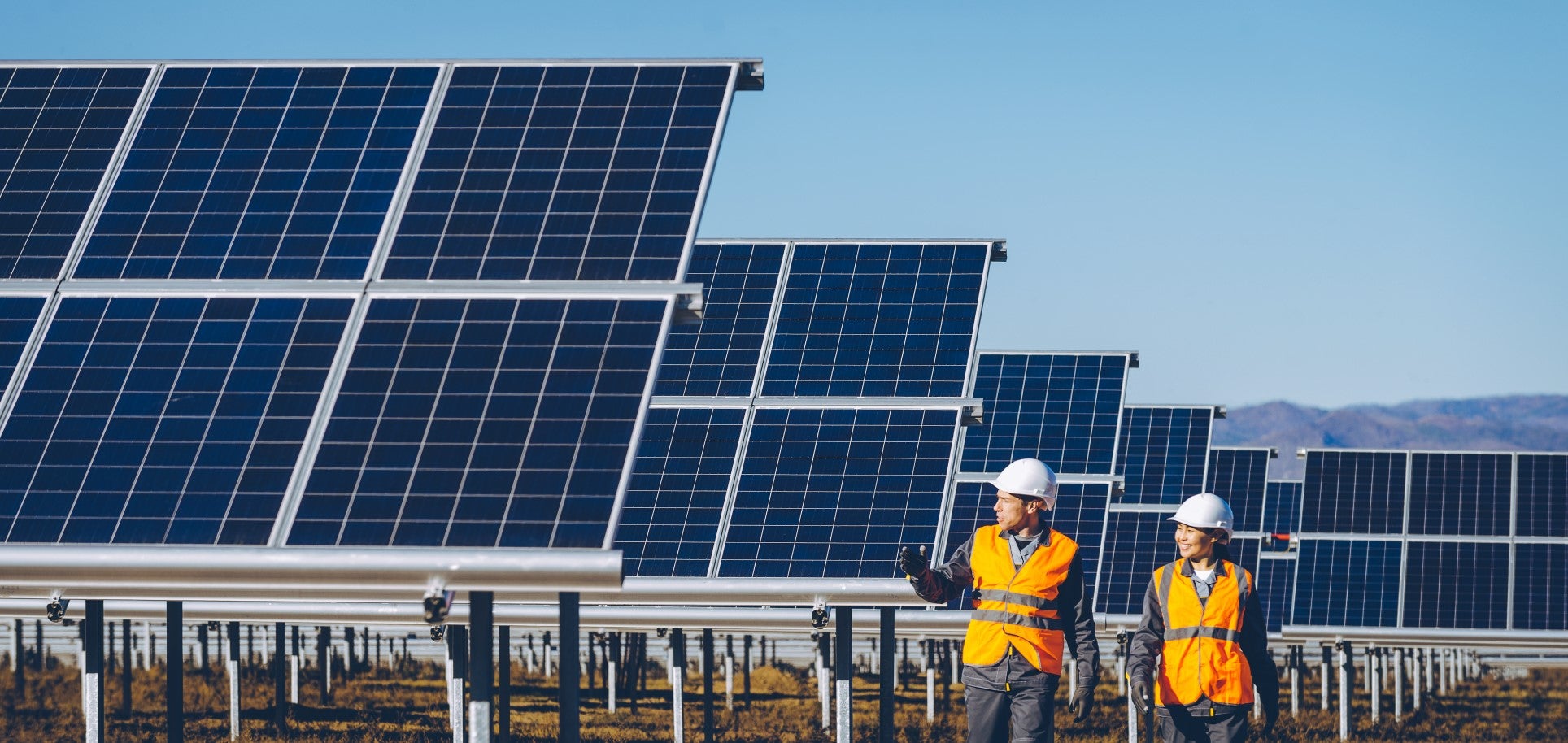4 ways to invest responsibly in hydropower

Hydropower presents many advantages as a source of energy, even though it is often complex from the environmental and social perspective. It is based on relatively simple and robust technology, easy to adapt to different conditions. Hydropower projects have a long-term life span, often benefiting several generations. Due to its long operational life and low operation and maintenance cost, hydropower generation continues to be highly competitive.
Experiences around the world provide ample evidence that proactively addressing the potential impacts of projects early in the pre-feasibility phase is a sound investment decision by developers and contractors alike. The anticipation of potential risks and the identification of opportunities to benefit communities and ecosystems beyond the mitigation of impacts can significantly reduce implementation and operation and maintenance costs.
A recent study by Harvard University on the cost of social conflicts in the extractive industry shows that companies usually do not understand and capture the full range of costs of conflicts with local communities. Costs arising from lost productivity due to temporary shutdowns or delays can escalate to millions of dollars.
This is not different from what takes place with large infrastructure projects such as hydropower. Responsible development can benefit companies in at least four dimensions:
1. Social acceptance
Projects that are developed considering the concerns and expectations of communities and that obtain a “social license to operate” are less prone to face social unrests, protests, or labor related challenges, such as strikes, invasions and vandalism to job sites and equipment. This, in turn, translates into lower costs and opportunities to build win-win alternatives in which both the private sector and communities benefit from the implementation of projects.
2. Reduction of administrative and legal processes
Adequate treatment of social and environmental issues significantly reduces administrative and judicial processes that often hinder the implementation of projects and account for significant cost increases. Disputes over compensation, land expropriation, involuntary resettlement, or general mitigation of social impacts can drag on for years, generating direct costs as well as reputational impacts to companies and projects.
3. Financing alternatives
Adequate identification of management of environmental and social risks can be directly linked to a wider range of alternatives, incentives, and better terms for financing projects. This can bring substantial upsides, like lower cost of capital to support the implementation of hydropower projects.
4. Reputational gains
Positive image and corporate credibility resulting from responsible implementation of a project goes far beyond regional or sector specific benefits. Companies that are recognized as sustainability leaders are able to attract and retain talent, establish long term partnerships with privates, communities and NGOs, and expand involvement in different sectors, amongst others.
The current scenario with increasing pressure for water, energy and food supplies, and the uncertainties associated with climate change, make the tangible benefits of hydropower greater than ever before. This represents challenges as well as opportunities for the development of sustainable hydropower projects.
Accessing the full range of benefits that can be derived from hydropower requires responsible development of projects. At IDB Invest (formerly known as Inter-American Investment Corporation) we are supporting the implementation of hydropower projects such as Chaglla in Peru and Reventazon in Costa Rica that have been listed in a recent study as examples of best international practices. We will continue to partner with institutions and support projects that provide lessons and contribute to the sustainable development of countries in Latin America.
[gallery type="slideshow" size="large" link="none" ids="8082,8083,8084,8085,8087,8088,8089,8090,8091,8092,8093,8095,8096,8098"]
LIKE WHAT YOU JUST READ?
Subscribe to our mailing list to stay informed on the latest IDB Invest news, blog posts, upcoming events, and to learn more about specific areas of interest.
Subscribe



